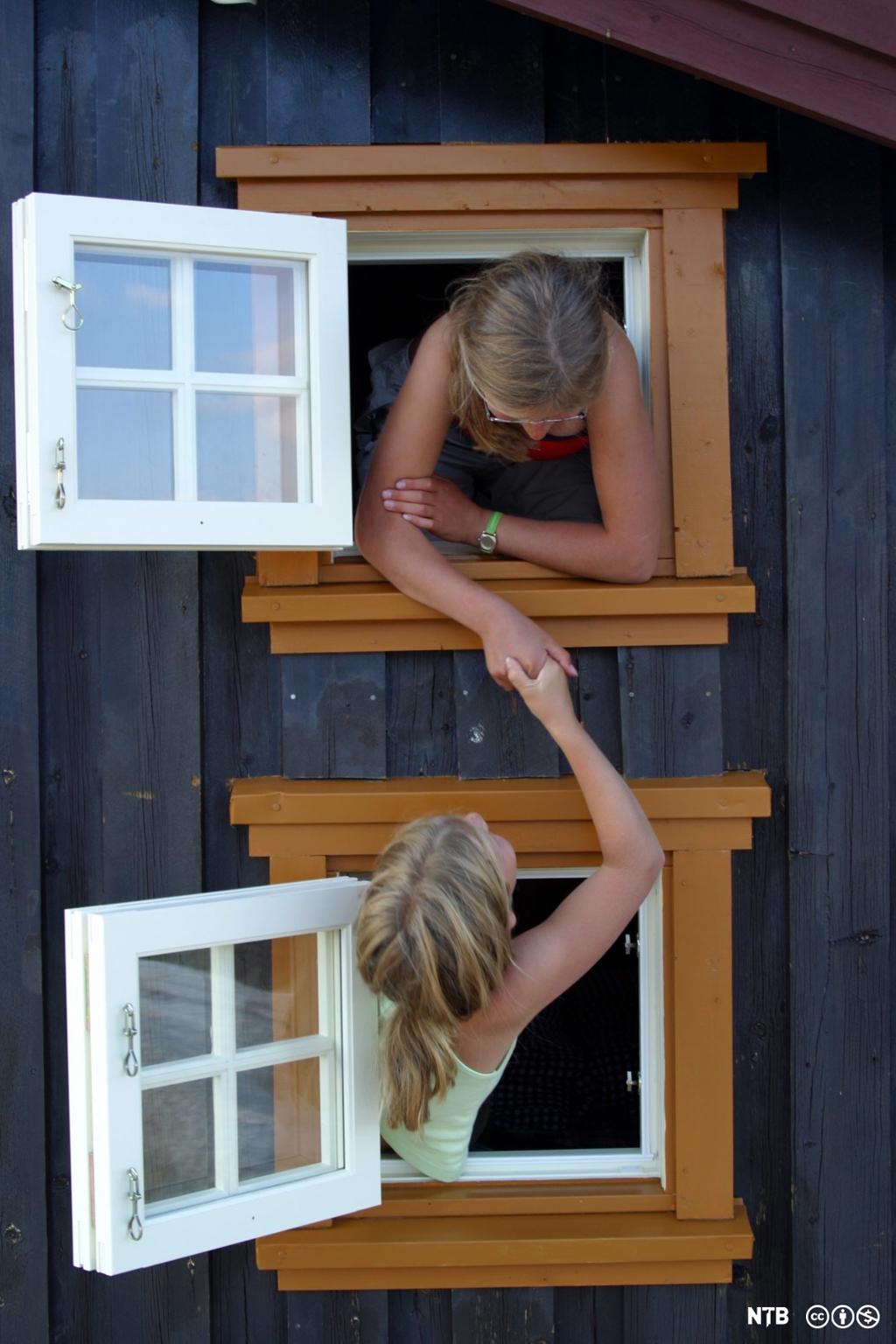Tasks: Neighbours by Benjamin Zephaniah
This poem consists of two main parts. Let’s take a look at part 1 first.
- Zephaniah starts the poem with "I am the type you are supposed to fear". Why is he using the words ‘are supposed to’? If you leave them out, how does the tone of the poem change?
- What prejudices and stereotypes can be found in in the first and second stanzas?
- What does the second stanza tell you? How does it make you feel? Are the characteristics mentioned usually regarded as positive or negative?
- He ends the second stanza with "And when the moon gets out, I’m a Wailer". You probably understand the reference to the wailing of a wolf. However, this phrase has a double meaning. Use the internet and find out who 'The Wailers' were, who the lead singer of this group was, and why Zephaniah has the right to call himself a Wailer.
- If you read the third stanza in isolation, how does it make you feel? Does this description of the new neighbour give you positive or negative feelings? Explain.
- The phrase "Our ball will be in your court" has a literal meaning, but what does the idiom 'the ball’s in your court' actually mean? What kind of challenge is Zephaniah giving the reader?
- Look at the use of personal pronouns in the three stanzas. Why are they used, and what do they achieve?
In the second part of the poem, the tone changes:
- In the fourth stanza, Zephaniah offers an answer to his own question from the previous stanza "How will you feel?". Do you think the neighbours feel ‘good’ and ‘chosen’?
- In the fifth stanza, Zephaniah introduces himself, and explains who he is and what he does for a living. Compare this stanza to the second stanza. What is the difference in tone and message?
- He ends the poem with “And when the sun is shining, I go Carnival”. What do you think this means? What does it say about his personality?
- Looking at the poem as a whole, what is the message that Zephaniah wants to convey to the reader?
Pick one of the tasks and write a longer text.
Benjamin Zephaniah's 'Neighbours' and Robert Frost's 'Mending Wall' both address the subject "what is a good neighbour?" Write a text where you compare the themes and messages in the two poems.
Write an analysis of the poem 'Neighbours' where you comment on the use of language, the style, and the poetic devices that Zephaniah uses in the poem.
In the box below, you will find a list of some of the literary devices used in the text.

Describe your neighbourhood. What kind of people live there? Is it an area of single houses, terraced houses, or apartment blocks? Is it a multicultural neighbourhood? How well do you know your neighbours? What do you like best- / -least about your neighbourhood?
Describe the perfect neighbour and the very worst neighbour. What are they like? Write down ten adjectives describing each of them.
You live in an apartment building where there are quite a few conflicts. You are fed up with the bickering and arguing, so you have decided to invite all of them to dinner to sort out your problems in a friendly way. Before they arrive, you have to find out where everybody should sit.
In pairs: discuss seating arrangements. You will find a presentation of your neighbours below. First, make a drawing of a table that seats 14 (including you and your partner). Then discuss: Who should sit next to each other? And who should sit on different ends of the table? Where would you place yourselves? (NB: there is no key to this task, only very bad consequences for you and your neighbours if you get it wrong ...)